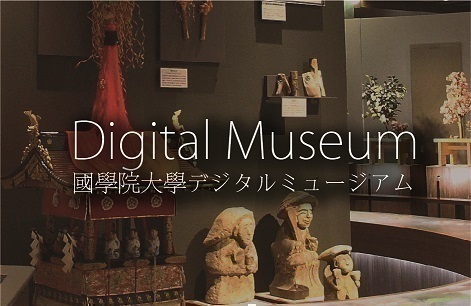- トップ
- Encyclopedia of Shinto
- Ikuta Yorozu
Encyclopedia of Shinto
| Main Menu: | |
| Links: |
詳細表示 (Complete Article)
| カテゴリー1: | 8. Schools, Groups, and Personalities |
|---|---|
| カテゴリー2: | Personalities |
| Title | Ikuta Yorozu |
| Text | (181-37) Kokugaku (National Learning) scholar of the late Edo period. Born in 1801 to Ikuta Nobukatsu, samurai retainer of Tatebayashi Domain in Kōzuke Province (present-day Gunma Prefecture). His formal name was Kuniho (or Kunihide), and he used the epistolary name Daichū Dōjin. Other names included Ikuta Michimaro and Sugawara Michimaro. Yorozu attended a domainal academy as a child, but his interests in poetry and literature were not in accordance with the academy's tradition of kokugaku based on the works of Yamazaki Ansai (known as kimon studies). As a result, he undertook self-directed study based on a work of an ancestor Ikuta Sakae (also Masatake) entitled Daichūkyō ("Scripture of the Great Middle"). He turned to kokugaku after reading the works of Hirata Atsutane (1776-1843) and in 1824 became Hirata's student, studying astronomy and cosmology and developing criticisms of Confucianism. In 1828 he presented an opinion piece entitled Iwa ni musu koke (Moss Growing on a Stone) that set forth proposals for domainal administrative reforms. These proposals, however, were strongly rebuked, and he was banished from the domain and forced to wander from region to region, which led him to foster an increasing bitterness toward society at large. In 1836 he moved with his family to the village of Kashiwazaki in Echigo (present-day Niigata Prefecture) and opened a private academy called the Ōen Juku. The Echigo region was suffering from a series of natural calamities around this time that had left the farmers of the region in a desperate state. Ikuta's appeals to Kashiwazaki's local magistrate (a regional leader under the command of the Kuwana Domain) for aid were fruitless. Inspired by the revolt of Ōshio Heihachirō (1793-1837) in the second month of 1837, Ikuta rallied anti-Bakufu sympathizers in the region and in the sixth month of 1838 attacked the Tokugawa forces stationed at Kashiwazaki. His rebellion failed to gain the support of local farmers, however, and he was defeated, committing suicide at the age of thirty-seven. Works include Daichū Dōjin mankō, Hifumiden hyōron and Ryōyaku kukō. - Mori Mizue |




